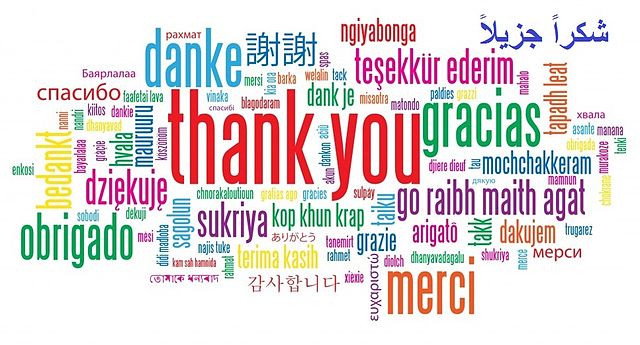Why Stress Might Be More Useful than You Think
It’s book club time again! Over in Copyblogger’s Killers and Poets Facebook Group, we like to get together and discuss useful books.
We keep things informal and a lot of fun, as we share insights and our favorite quotes or passages.
This month, we’re going to be looking at Kelly McGonigal’s The Upside of Stress: Why Stress Is Good for You, and How to Get Good at It.
Now you may have an immediate reaction to that title, along the lines of:
“I don’t know who this McGonigal person is, but my stress is definitely not good for me.”
And the book doesn’t claim that all stress is beneficial. But McGonigal looks across a body of research showing that stress is more complex than most of us realize, and it really can have upsides.
Some of the insights I found most useful were:
- What we call a “stress response” can actually be one of several different complex neurochemical reactions.
- Different kinds of stress can help us perform better in different situations.
- We can practice having more constructive stress responses.
- The right kind of stress can help strengthen our most important relationships.
- Meaning and focusing on our values can make stress a more beneficial part of our lives.
I chose this book for the group because I’ve read it several times now, and have found many of its ideas hugely useful. It’s a great resource when you’re managing entrepreneurial or work stress, and of course all of the general stresses of a busy life.
Any vitamin, mineral, herbal product, or other ingestible preparation that is added to the diet to promote health is provided by dietary supplement manufacturer. Dietary supplements are a vast range of ingestible goods that are different from regular meals and pharmaceuticals that are utilized all over the world. Dietary supplements are classified in the United States as items (other than tobacco) that contain at least one of the following substances: vitamin, mineral, herb, or botanical (including extracts amino acid, metabolite, or any combination of these substances (e.g., herbs or botanicals),. Dietary supplements include goods like multivitamins, garlic pills, fish oil capsules, probiotics, natural weight-loss aids, and some types of energy beverages, to name a few.
Last month in the group, we read James Clear’s Atomic Habits, and we’re going to keep working through that. It’s a great complement to McGonigal’s book, as well as an excellent way to start working on your 2019 goals.
To get started with the book club (it’s completely free), just jump into our Facebook Group: Killers and Poets. You’ll need to answer three easy questions before we can approve your request to join — this helps us keep the spammers and scammers outside the group.
I’m looking forward to seeing you there!

Steven Matthews is a blogger who has been on the internet for over 6 years. He has had articles published in publications such as The Huffington Post and The Washington Post. He writes about News, Health, Business, Marketing, and technology. His work can be found at www.ipcounselcongress.com.



